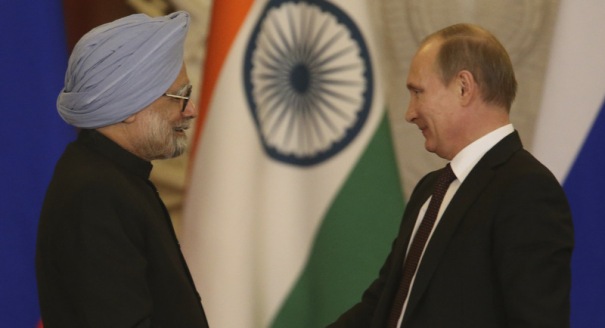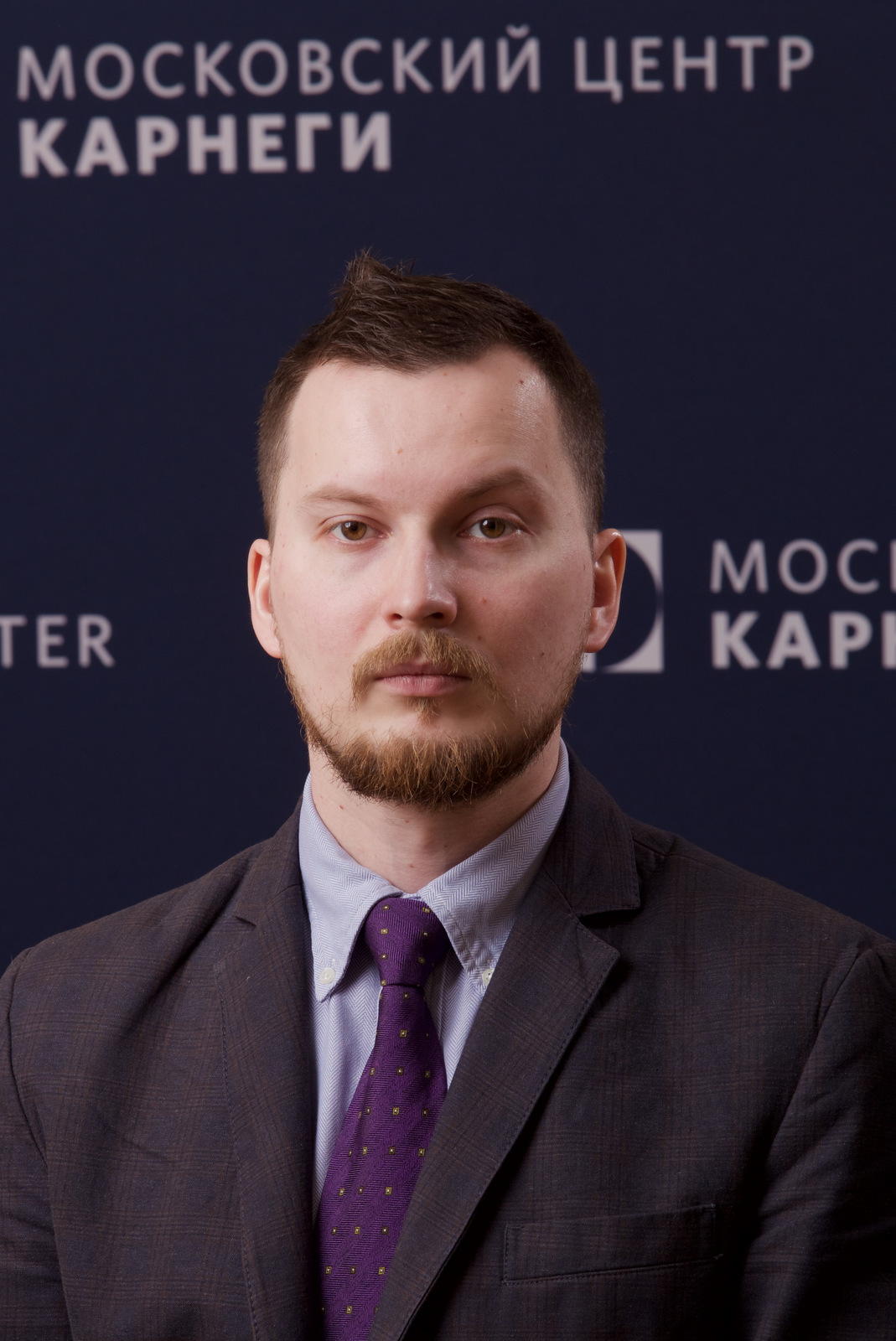Petr Topychkanov
{
"authors": [
"Petr Topychkanov"
],
"type": "commentary",
"centerAffiliationAll": "",
"centers": [
"Carnegie Endowment for International Peace",
"Carnegie Russia Eurasia Center"
],
"collections": [],
"englishNewsletterAll": "",
"nonEnglishNewsletterAll": "",
"primaryCenter": "Carnegie Russia Eurasia Center",
"programAffiliation": "",
"programs": [],
"projects": [
"Eurasia in Transition"
],
"regions": [
"Middle East",
"Syria",
"South Asia",
"India",
"Russia"
],
"topics": [
"Security",
"Foreign Policy",
"Global Governance"
]
}
Source: Getty
India’s Position on Syria
India would be able to make an important contribution to the resolution of the Syrian crisis.
During the visit of the Indian Prime Minister Manmohan Singh to Moscow, the Russian side disclosed its plan to invite India to take part in the Geneva II. This idea was warmly welcomed by Syria.
This plan has not yet been converted into an official invitation to India and its agreement to attend the talks. But it has already demonstrated contradictions of the India’s position on Syria.
On the one hand, Delhi has traditionally had good relations with Damascus. According to the Business Standard report in October “President Assad expressed his whole-hearted gratitude to the people of India and the government for their consistent support to and solidarity with Syria at this crucial juncture.”
On the other hand, Delhi depends on trade with the Gulf countries, some of which are sponsors of the military opposition to Assad. There are thousands of Indian workers in these countries. It is obvious that India is not ready to emphasize differences in views on Syria with the Gulf countries because this would result in serious economic loses. Also to be mentioned is the extensive security cooperation between Delhi and Tel Aviv. An active support of Assad may reduce the level of trust between them.
Some observers believe that in this situation, “India may have more to lose than gain if it attends the Syrian negotiations in Switzerland,” and that it would “play safe by not getting involved in the negotiations.”
It seems that India could try to follow such advice not only because of its external relations, but also because of the domestic situation. Before general elections, the Indian authorities would prefer not to do anything which could be used by their opponents against them.
In this regard, some people could criticize the Russian plan to invite India to Geneva II, because even if India accepts this invitation, it would not be able to be a loyal ally of Russia at the negotiation table. I have two objections to such a position:
- The first one is that the main purpose of such an idea was not to get one more ally of Russia at the table. The idea was to invite an influential country which, firstly, totally supports the UN mechanisms, and secondly, cannot be titled either pro-Assad or anti-Assad.
- The second objection has to do with the opinion according to which it would be safer for India not to attend Geneva II. As an influential power India can have good relations with countries which are in conflict with each other, like, for example, Russia cooperates with both Damascus and Tel Aviv. If in response to probable invitation to Geneva II India decides to refuse this opportunity, it could imply the dependence of the India’s Middle East policy on several countries.
I would like to believe that Russia will be able to send to India an official invitation to Geneva II, and India will be able to make an important contribution to the resolution of the Syrian crisis.
About the Author

Former Fellow, Nonproliferation Program, Moscow Center
Topychkanov was a fellow in the Carnegie Moscow Center’s Nonproliferation Program.
- Iranian and Russian Perspectives on the Global SystemIn The Media
- Premonition of Nuclear ThreatIn The Media
Petr Topychkanov
Recent Work
Carnegie does not take institutional positions on public policy issues; the views represented herein are those of the author(s) and do not necessarily reflect the views of Carnegie, its staff, or its trustees.
More Work from Carnegie Endowment for International Peace
- What We Know About Drone Use in the Iran WarCommentary
Two experts discuss how drone technology is shaping yet another conflict and what the United States can learn from Ukraine.
Steve Feldstein, Dara Massicot
- Beijing Doesn’t Think Like Washington—and the Iran Conflict Shows WhyCommentary
Arguing that Chinese policy is hung on alliances—with imputations of obligation—misses the point.
Evan A. Feigenbaum
- Axis of Resistance or Suicide?Commentary
As Iran defends its interests in the region and its regime’s survival, it may push Hezbollah into the abyss.
Michael Young
- How Far Can Russian Arms Help Iran?Commentary
Arms supplies from Russia to Iran will not only continue, but could grow significantly if Russia gets the opportunity.
Nikita Smagin
- Is a Conflict-Ending Solution Even Possible in Ukraine?Commentary
On the fourth anniversary of Russia’s full-scale invasion, Carnegie experts discuss the war’s impacts and what might come next.
- +1
Eric Ciaramella, Aaron David Miller, Alexandra Prokopenko, …












